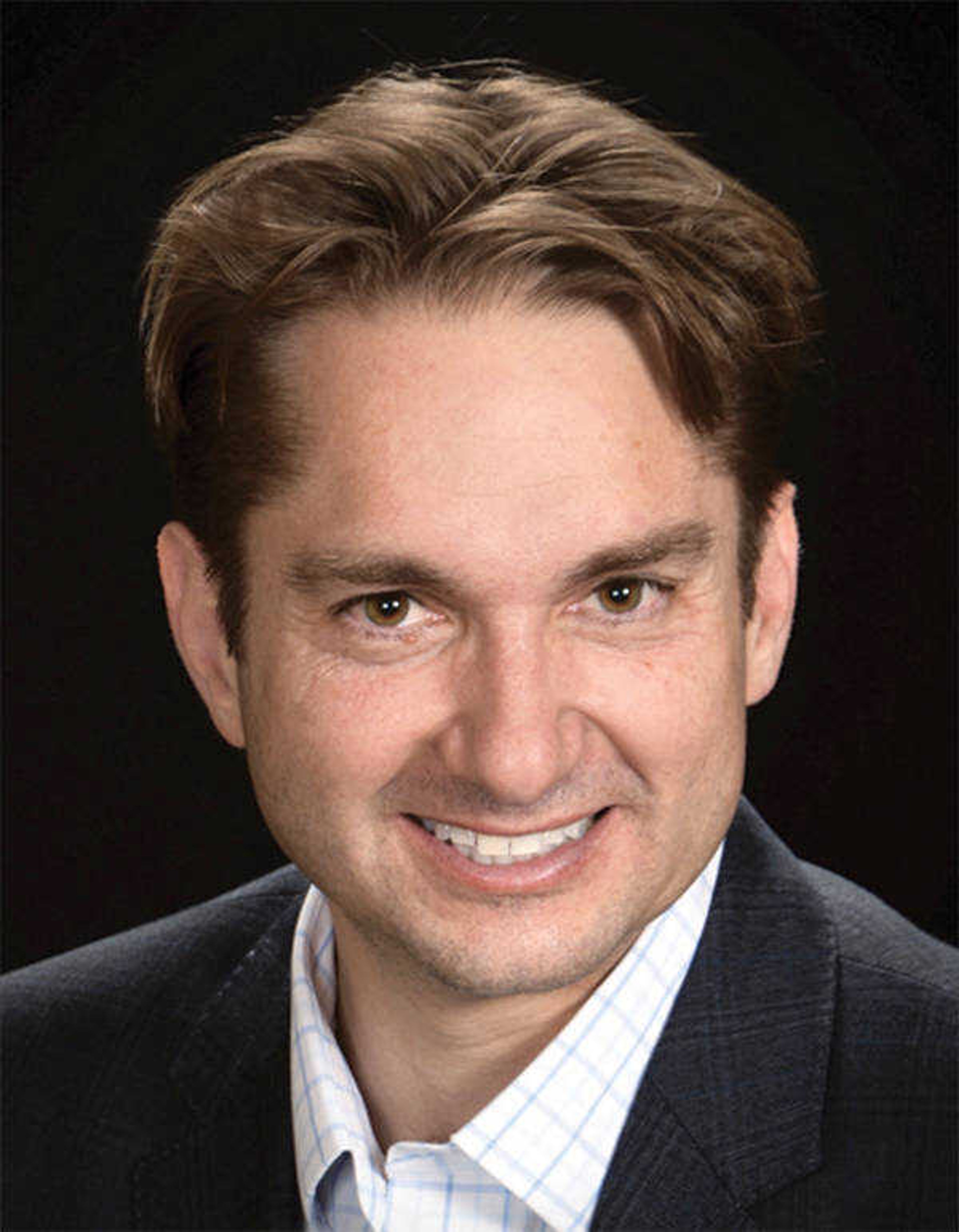Prosecutor has leeway on charges
If you have a question, e-mail factorfiction@semissourian.com or call Speak Out (334-5111) and identify your call as a question for "Fact or fiction?" Q: Is it true that prosecutors will sometimes drop a DUI or DWI charge if there is a greater charge against someone, because doing so forces the judge to disallow mention in front of the jury that the person was DUI or DWI?...
If you have a question, e-mail factorfiction@semissourian.com or call Speak Out (334-5111) and identify your call as a question for "Fact or fiction?"
Q: Is it true that prosecutors will sometimes drop a DUI or DWI charge if there is a greater charge against someone, because doing so forces the judge to disallow mention in front of the jury that the person was DUI or DWI?
A: Morley Swingle, prosecuting attorney for Cape Girardeau County, indicated that the premise of this question is wrong.
"Dismissing the charge doesn't force the judge to disallow mention in front of the jury that the person was DUI or DWI," he said. "The fact that a person was intoxicated when he committed his crime (whether murder, burglary, shoplifting or domestic assault) will usually be relevant and admissible into evidence by either the prosecution or the defense whether or not the prosecutor has also tacked on a DWI count. So a prosecutor would have no motive to dismiss the charge for that particular tactical reason."
Swingle did point out that prosecutors will sometimes dismiss lesser counts for a variety of reasons: "The decision as to how a case should be charged is one of the primary functions of the American prosecutor."
"That being said, a DWI charge is not often going to be dropped for any reason. It is important to give a person a record for each of his or her DWI offenses because each counts toward making his DWI offense into a felony," Swingle said.
Exceptions for him would be if a murderer had just received a life sentence or the death penalty. "I might well decide it is not worth the taxpayers' money to try him on a different DWI charge," Swingle explained. "I could also see dismissing a DWI count in a pending case if I felt that the courtroom haggling as to whether or not a person was intoxicated might take the attention of the jury away from the more important issues in the case and the more heinous nature of the defendant's conduct. Also, if I felt the DWI count was weak (perhaps it is based solely on the opinion testimony of an officer who does not make a particularly good witness) and the rest of the counts were strong, I might worry that my credibility with the jury would be damaged (and the entire case thereby weakened) if I needed to argue that the defendant was intoxicated based on flimsy evidence as to that fact."
Swingle also pointed out that a DWI charge, if dismissed as a second count in a more serious case, could always be refiled as a separate misdemeanor case later.
Q: When a Cape school administrator takes months of paid leave to attend classes for a PhD or other advanced degree, does the district hold a contract that this person will repay these costs if they leave their employ before five years?
A: According to Cape Girardeau School District superintendent Mark Bowles, "There is no provision or practice to allow any staff member to take 'months' of paid leave for professional development.
"We do have a leave policy that allows for an unpaid sabbatical (which applies to all certified staff, not just administrators), if approved by the board," he said. "Short-term professional development leave (measured in a few days at a time as opposed to months) is available for all certified staff. The amount and length of this is governed by the staff member's ability to continue to meet the obligations of his or her job description. Short-term leave of this nature is approved by the staff member's direct supervisor."
Jon Rust is publisher of the Southeast Missourian.
Connect with the Southeast Missourian Newsroom:
For corrections to this story or other insights for the editor, click here. To submit a letter to the editor, click here. To learn about the Southeast Missourian’s AI Policy, click here.










